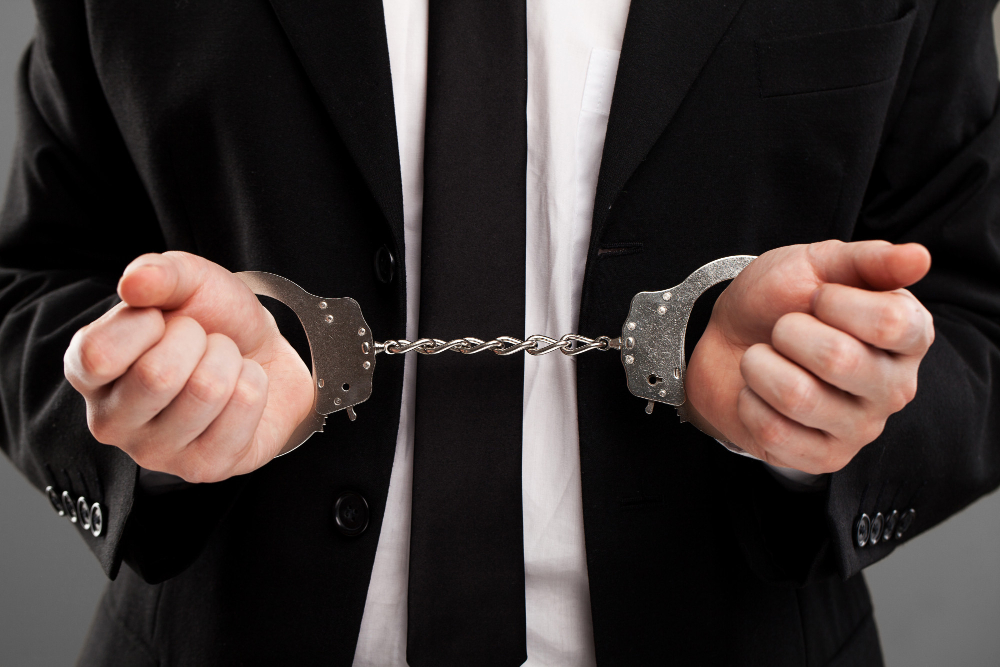


When someone is arrested, the immediate concern is usually securing release from custody. Bail is often the pathway to temporary freedom, offering defendants the chance to return home while awaiting trial. However, being granted bail is not guaranteed. Judges have the authority to deny bail under certain circumstances, either to protect public safety or ensure the defendant appears in court.
If you or your loved one needs assistance navigating bail bonds in Orlando, FL, understanding the reasons why bail might be denied is crucial. This guide will shed light on the most common reasons behind a denial and what steps you can take if you find yourself in that situation.
Before discussing why bail might be denied, it’s essential to understand how bail works. Bail is a financial arrangement that allows an arrested individual to be temporarily released from custody in exchange for a set sum of money. This security deposit assures the court that the defendant will appear at all scheduled hearings. If the defendant attends their court dates, the bail is returned; if not, the bail may be forfeited.
For those who cannot afford the bail set by the court, bail bond agencies like Mike Snapp Bail Bonds in Orlando, FL can provide assistance. These agencies post bail on behalf of the defendant in exchange for a fee, typically a small percentage of the total bail amount.
While most defendants are eligible to post bail, there are certain cases where a judge may determine that bail should be denied. Here are the most common reasons why this might happen:
One of the most significant factors influencing the decision to deny bail is the severity of the crime. Serious offenses such as murder, rape, or armed robbery often result in bail denial because of the risk posed to public safety. Judges may believe that releasing the accused could lead to further harm or additional criminal activity.
Crimes that carry the possibility of life imprisonment or the death penalty are particularly likely to result in bail denial. Courts are stringent in these cases, as the consequences of a defendant fleeing would be severe.
A key consideration in granting bail is whether the defendant is likely to return for their court hearings. If the judge perceives the defendant as a flight risk—meaning they may flee to avoid prosecution—bail will likely be denied.
Factors that contribute to someone being labeled a flight risk include:
A history of prior offenses or a record of habitual criminal activity significantly impacts bail decisions. Judges often view defendants with a long criminal record as more likely to reoffend while out on bail, making them a risk to public safety.
For instance, in Orlando, FL, defendants with repeated charges for theft, assault, or DUIs may face stricter bail conditions or outright denial, as their past actions may indicate a pattern of negligent or dangerous behavior.
Defendants already on parole or probation at the time of their arrest may be denied bail. These individuals have previously agreed to specific conditions to avoid incarceration, and their new charges indicate a failure to uphold those conditions. A judge may decide that releasing them again would undermine the justice system.
When a judge believes that releasing the defendant poses a direct threat to public safety, bail may be denied. This decision often applies to cases where the defendant is accused of violent or dangerous crimes.
Additionally, if the defendant has made threats against specific individuals or has a history of violent behavior, the court may determine that granting bail would endanger others.
Cases involving tampering with evidence or witness intimidation often result in bail denial. If the judge has reason to believe the defendant may interfere with the ongoing investigation—such as destroying evidence or threatening witnesses—bail may not be granted.
This situation is especially common in organized crime or fraud cases where defendants might attempt to manipulate evidence to obstruct justice.
Judges evaluate whether defendants are likely to commit additional crimes if released on bail. If a defendant is considered likely to reoffend or engage in unlawful activity, bail may be declined to prevent further harm to the community.
For instance, individuals arrested on drug trafficking charges may face bail denial because of the likelihood they could continue illegal activities upon release.
While this reason is not a direct “denial,” some individuals simply cannot afford to post bail without assistance. A high bail amount can essentially act as a denial for defendants who lack the financial means to pay.
Agencies like Mike Snapp Bail Bonds in Orlando, FL help bridge this gap, offering financial solutions to secure a defendant’s release when bail is set too high to manage independently.
Having bail denied can be overwhelming, but it’s not the end of the road. There are several options you can explore if you or a loved one are in this situation.
You have the right to appeal a judge’s decision to deny bail. Consultation with a qualified attorney can help you build a case to present during the appeals process.
If bail is set prohibitively high and not entirely denied, you can request a hearing to argue for a bail amount that better reflects your financial capacity.
Even when bail is high, organizations like Mike Snapp Bail Bonds in Orlando, FL are here to help. These agencies can work with you to post bail so you can return home while navigating the legal process.
If bail is permanently denied, the focus should shift toward building a strong defense with your lawyer. A skilled attorney can help you challenge aspects of your case and work toward achieving the best possible outcome.
When navigating the complexities of the bail process, having an experienced and trustworthy bail bond provider is essential. That’s where Mike Snapp Bail Bonds in Orlando, FL, comes in.
Our team works quickly and efficiently to secure release for you or your loved ones. Here’s what sets us apart:
Don’t face this process alone—contact Mike Snapp Bail Bonds today for assistance.
While there are valid reasons why a judge might deny bail, understanding these factors can help you take the right steps to address the situation. Whether it’s repeated offenses, flight risks, or the nature of the charges, being informed empowers you to better advocate for yourself or a loved one.
If you’re dealing with the bail process in Orlando, FL, and need professional assistance, contact Mike Snapp Bail Bonds today. Our experienced team is ready to support you every step of the way.